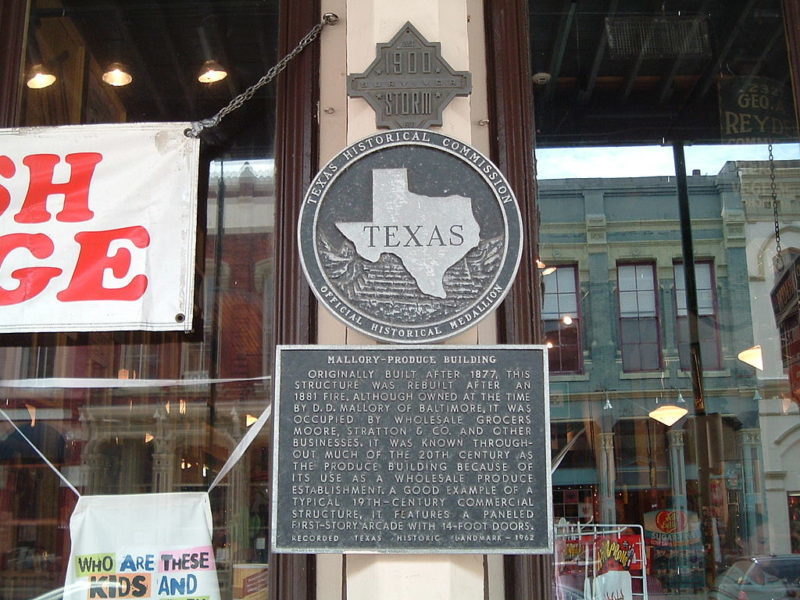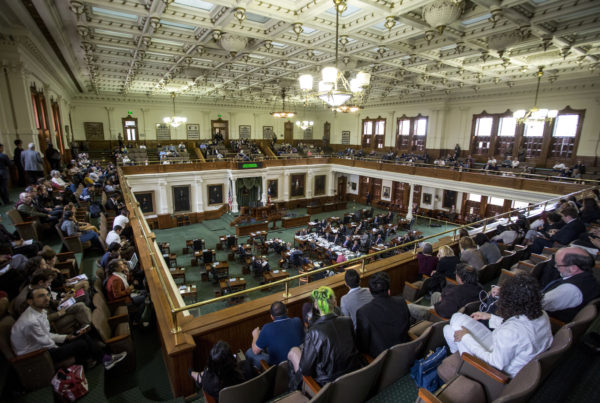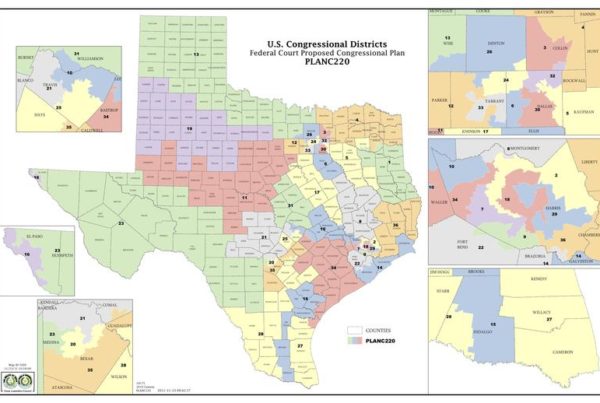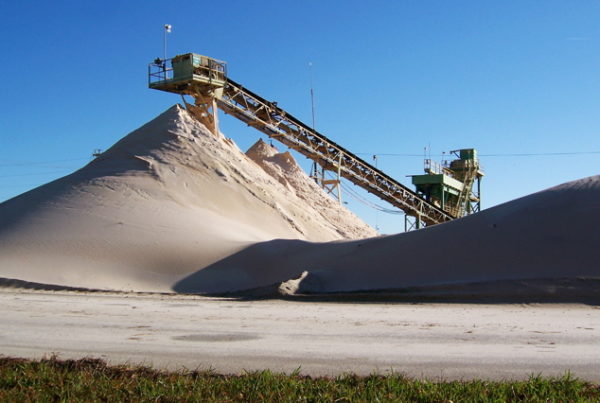For many people, the label “historic” on a building means something positive. The label, and little bronze plaque that comes with it, identifies a place as having a history worth remembering. But for others, the designation can mean quite the opposite – obstruction, backward thinking, and red tape.
The Texas Legislature is considering a bill that would limit a city’s ability to designate buildings as historic. The bill is a response to some property owners who complained that current historic designations slow their ability to develop too much. The bill’s provisions include restricting the definition of what is historic and compelling local landmark boards to decide whether a structure is historic or not within 30 days, so as not to leave property owners in limbo.
However, in communities like Galveston, where landmarks drive a historical tourism industry, this bill could have serious implications. Tom Schwenk, a realtor and the chairman of the Galveston Landmark Commission says historic buildings contribute to the character of his city, and that this benefits citizens living in the area.
“When you keep pulling things down…I think that sometimes we forget about the neighbors in a historic district, or living around historic properties,” he says.
In Galveston, he says the aesthetic quality that draws tourists is not only created by the buildings where historic events happened, but also by the surrounding buildings that create a historical ambience.
“They’re there because like attracts like,” Schwenk says. “[People] want those buildings to look like that and they want people to keep them in that historic vernacular.”
Additionally, Schwenk says the bill’s provision establishing a statewide set of rules for designating historical landmarks might overlook the historical nuances of each place.
“Each municipality should have their own regulations simply because each city is different, they’re set up differently,” Schwenk says. “It would be detrimental if the state had a statewide rule because if El Paso is different than Houston, which is different from Galveston and Beaumont.”
At the very least, Schwenk says the people making decisions regarding historical landmarks should have some kind of background in a historical field.
“If you don’t know where you’ve been, you’ll never know where you’re going, and that’s kind of a mantra for me,” Schwenk says. “You can go to malls and find stuff, but here you’re looking at cast iron buildings and you know old fashioned soda parlors and it evokes a whole different feel and that’s a huge tourist dollar for us.”
Written by Morgan O’Hanlon.
















